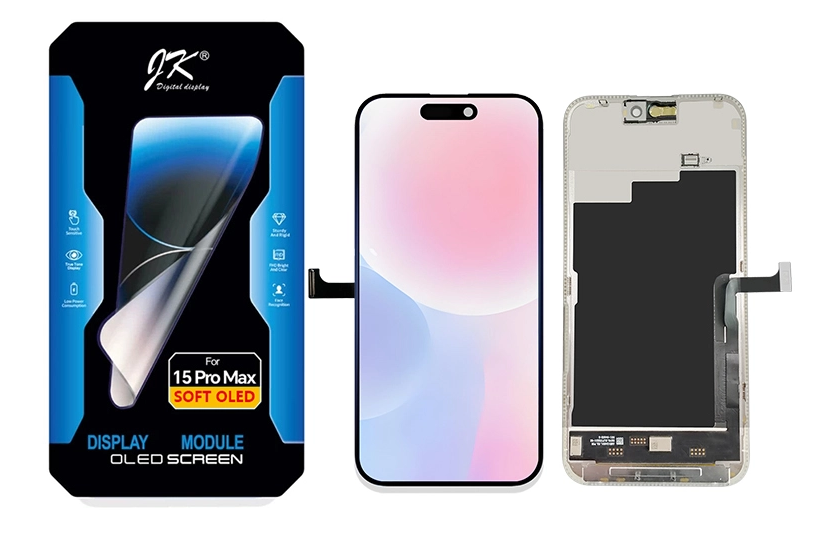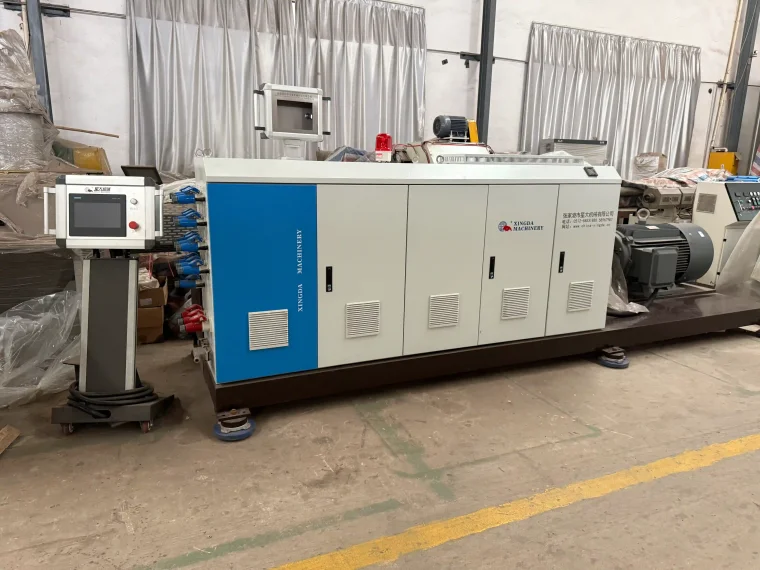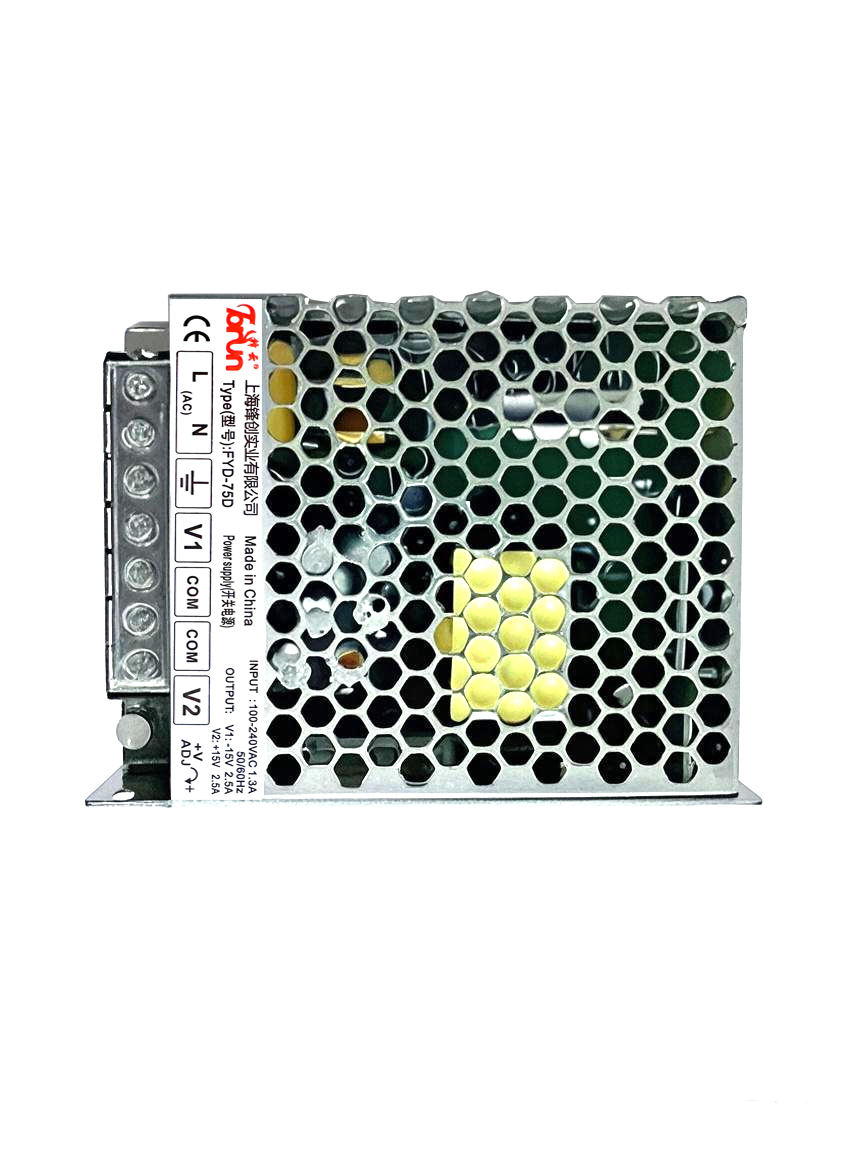In today's technologically advanced world, the fields of electronics and instrumentation play crucial roles in various industries. While they may seem similar at first glance, there are distinct differences between the two. This article aims to delve into these disparities, providing a comprehensive understanding of electronics and instrumentation and their respective applications.
- Definition and Scope:
Electronics refers to the study and application of electrical circuits, components, and systems. It involves the design, development, and utilization of devices that manipulate electrical currents to perform specific functions. On the other hand, instrumentation focuses on the measurement, control, and analysis of physical quantities such as temperature, pressure, flow, and more. It encompasses the tools and techniques used to gather data and monitor processes. - Core Principles:
Electronics primarily revolves around the principles of circuit theory, semiconductor physics, and digital logic. It emphasizes the understanding of electronic components, such as resistors, capacitors, transistors, and integrated circuits. Instrumentation, on the other hand, emphasizes measurement techniques, signal conditioning, data acquisition, and control systems. It involves knowledge of sensors, actuators, signal processing, and calibration. - Applications:
Electronics finds applications in a wide range of industries, including telecommunications, consumer electronics, automotive, aerospace, and medical devices. It enables the development of devices like smartphones, computers, audio systems, and power electronics. Instrumentation, on the other hand, is crucial in industries such as manufacturing, process control, environmental monitoring, and scientific research. It enables precise measurement and control of variables in industrial processes, laboratories, and research facilities. - Design and Development:
Electronics design involves circuit design, PCB layout, and firmware development. Engineers focus on optimizing performance, power consumption, and cost-effectiveness. They work with software programming languages and tools to develop embedded systems. Instrumentation design, on the other hand, requires a deep understanding of measurement principles, sensor selection, and signal conditioning techniques. Engineers focus on accuracy, reliability, and calibration to ensure precise data acquisition and control. - Skill Sets and Expertise:
Professionals in electronics need a strong foundation in electrical engineering, digital and analog circuit design, programming, and knowledge of electronic components. They must stay updated with emerging technologies and industry trends. Instrumentation professionals require expertise in measurement techniques, sensor technologies, data acquisition systems, control theory, and calibration procedures. They must possess analytical skills and a thorough understanding of physical phenomena.
Conclusion:
While electronics and instrumentation share some commonalities, their distinctions lie in their core principles, applications, design approaches, and required skill sets. Electronics focuses on electrical circuits and system design, while instrumentation emphasizes measurement and control. Understanding these differences is crucial for professionals and enthusiasts in these fields, as it enables them to make informed decisions and contribute effectively to their respective industries.



